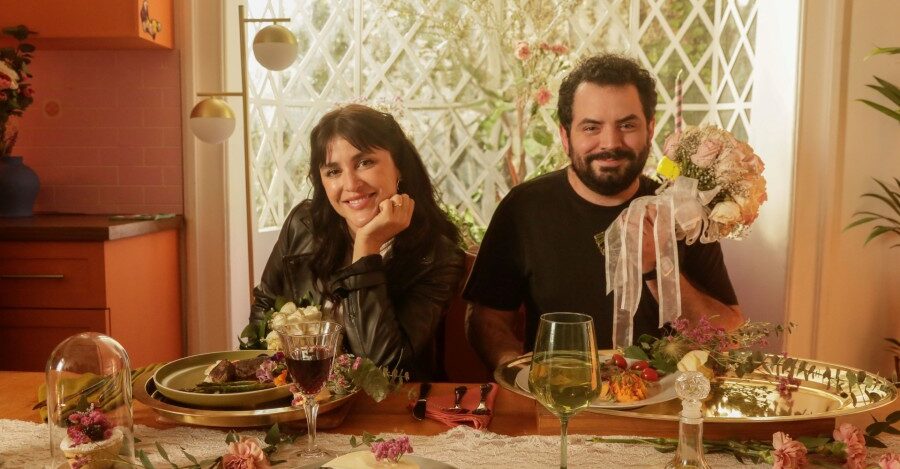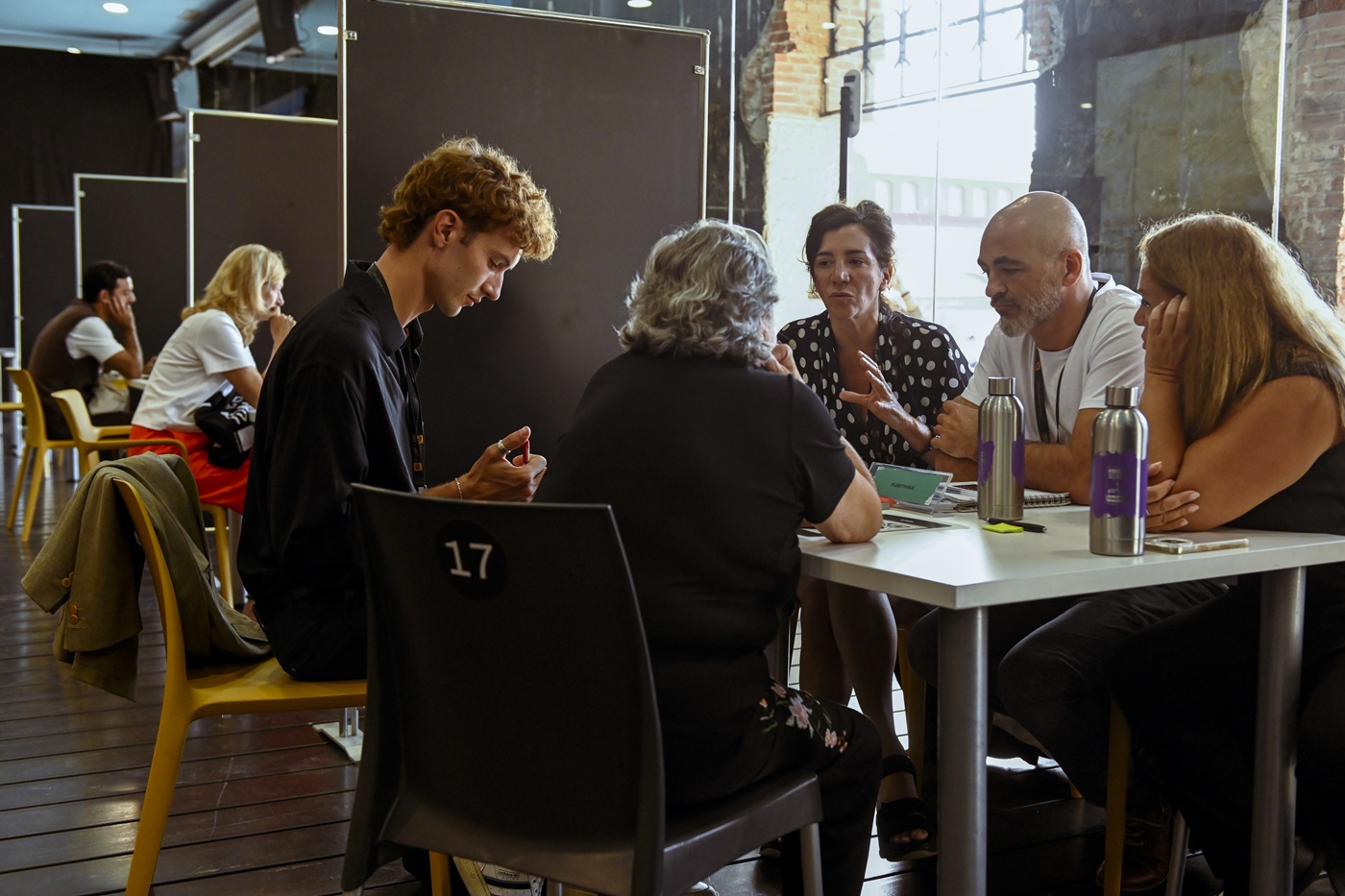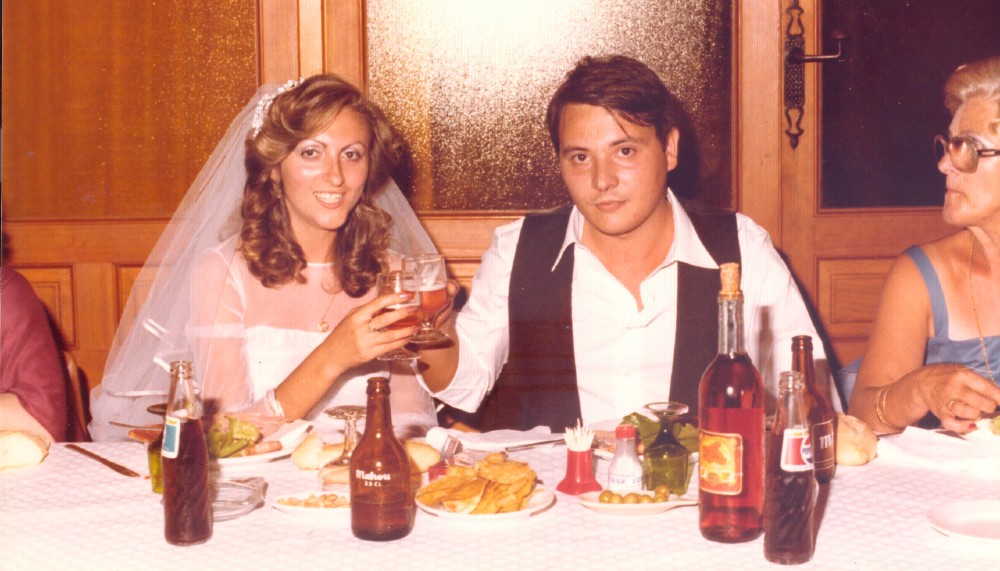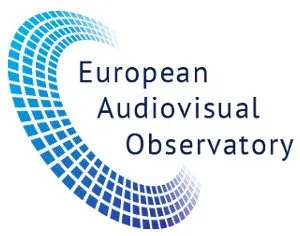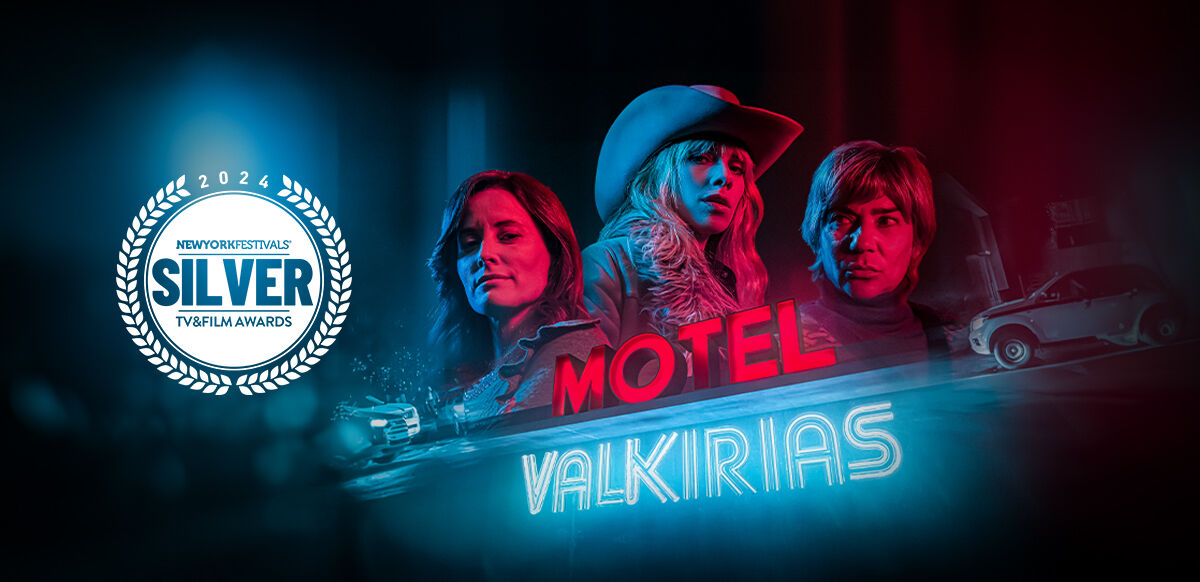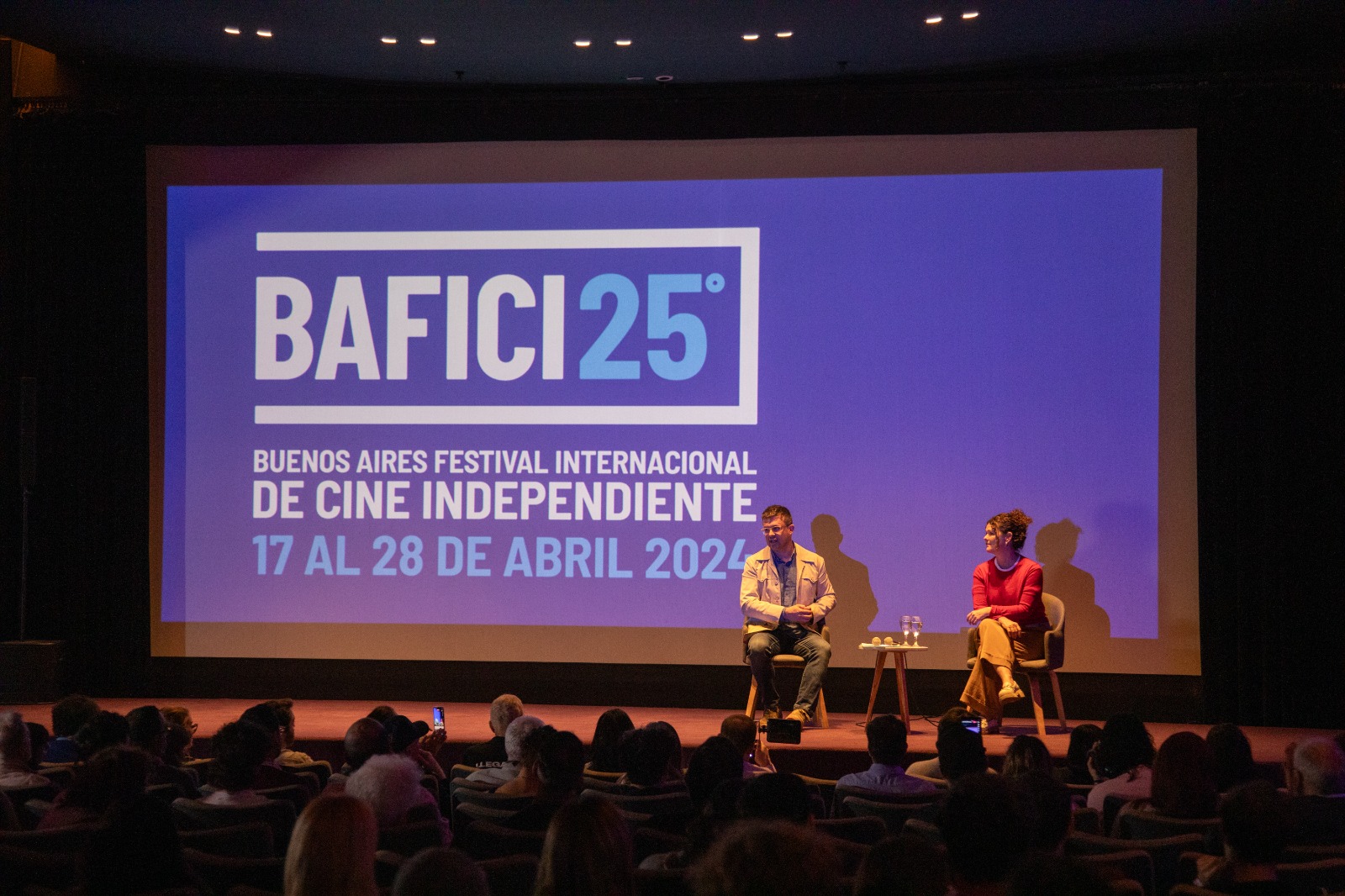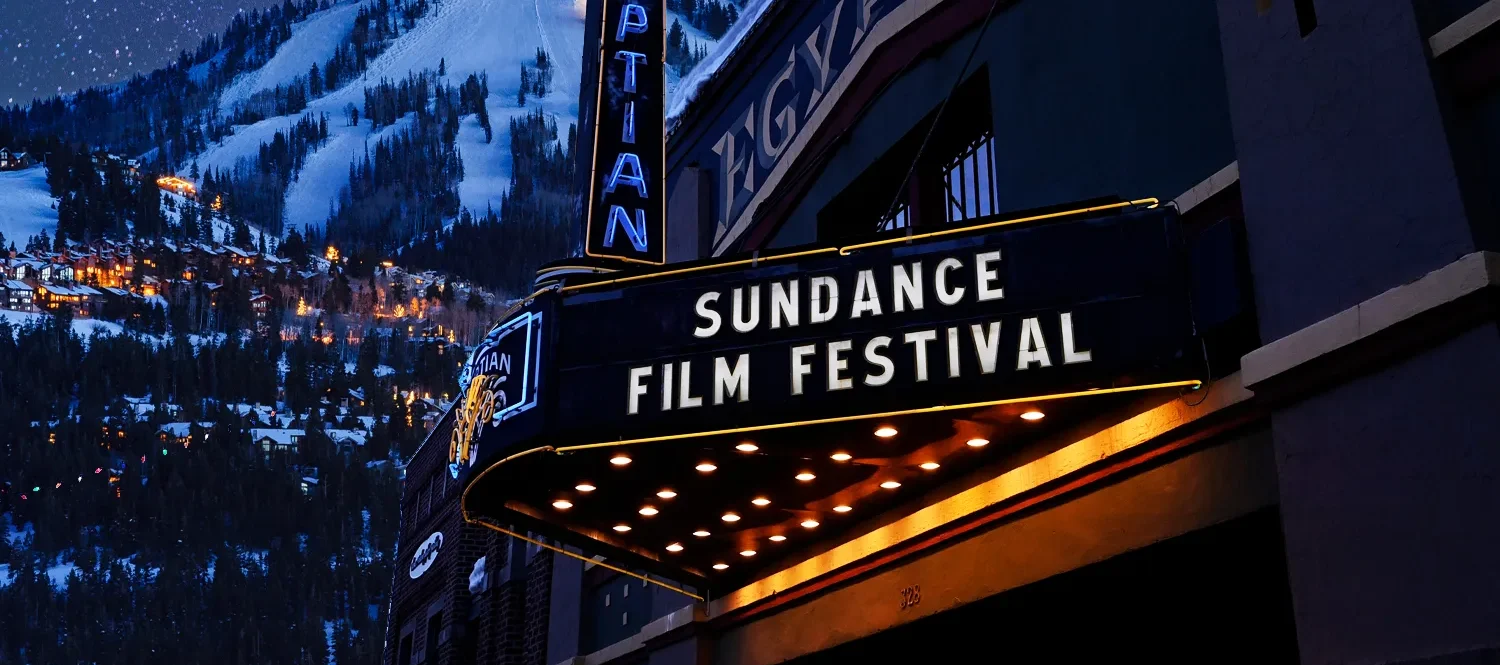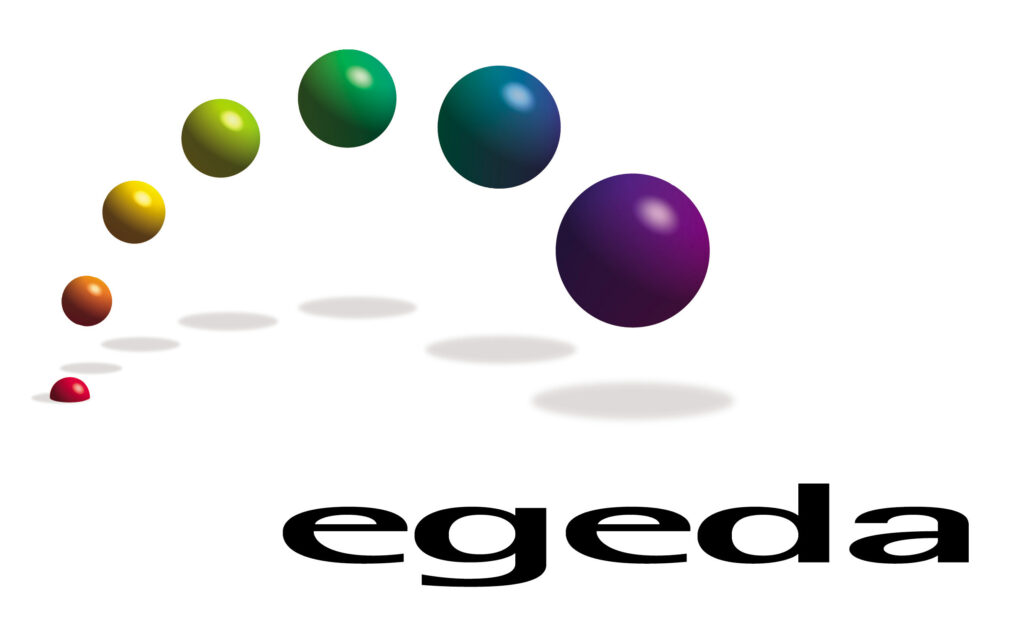Un septiembre más, Ámsterdam recibirá a más de 45.000 profesionales de la televisión y el cine para celebrar IBC, la feria de tecnología más importante de Europa.
This September, Amsterdam will once again host over 45,000 television and film professionals who will attend IBC, Europe’s most important technology fair.
El sector broadcast tiene mucho trabajo por hacer en plena revolución tecnológica, y por ello la organización ha dedicado un pabellón completo a las tecnologías que ha traído Internet: IPTV, televisión móvil y señalización digital se reunirán en el hall 9 llamado Connected World. Sin duda, una de las protagonistas de la cita será la televisión híbrida, aquella que reúne las mejores características del broadcast tradicional y de la banda ancha. Connected World tendrá dos partes: Connected Home of the Future mostrará cómo el contenido puede ser distribuido y consumido a través de diferentes dispositivos, desde descodificadores a teléfonos móviles pasando por videoconsolas, netbooks, media players, tablets, etc. Y Connected World Hub, que examinará, a través de seminarios y presentaciones, los temas que surgen de la convergencia entre los dispositivos de consumo y la conectividad IP, y cómo impacta esta relación en los modelos de negocio. Así, los participantes tendrán oportunidades de networking y de discusión.
En esta nueva edición se mantiene el Production Village (hall 11), un espacio con mucho éxito en 2009 que permite conocer las últimas novedades en cámaras de estudio, camcorders, y rigs de 3D, entre otros, y en el que se pueden tomar lecciones así como visitar el canal de noticias de la feria, IBC TV News. Además, los creadores de contenidos y los profesionales de la postproducción se podrán beneficiar de los seminarios (Digital Media Training Workshops) organizados por Future Media Concepts, compañía encargada de cursos en eventos como NAB y The NY Post Production Conference, y que se suma por primera vez a la organización de IBC gracias a un acuerdo.
El ciclo de conferencias tratará, como todos los años, los temas más candentes de la industria audiovisual. Así, se dedicará un día a las transmisiones deportivas, se hablará del cine estereoscópico, del papel de los radiodifusores públicos y del reto de monetizar los contenidos a través de la marca y las redes sociales. El encargado de abrir las conferencias será Michael Lyons, máximo responsable de BBC Trust, el órgano de gobierno de la radiotelevisión pública británica.
Cabe destacar la presencia de Manolo Romero, director general de Olympic Broadcasting Services y toda una eminencia en las transmisiones deportivas. Romero ofrecerá una charla en un año lleno de eventos deportivos y recibirá el International Honour for Excellence por su trabajo televisivo en las Olimpíadas desde que iniciara su carrera en TVE en 1965.
España también tiene opciones de ganar un IBC Innovation Award gracias a la nominación que ha recibido Antena 3 por su gestión multiplataforma de contenidos. La privada española compite en la categoría Content Management con el proyecto de digitalización del archivo del Parlamento Europeo, que tiene el reto de ponerlo a disposición del público general y de lidiar con una infinidad de formatos diferentes acumulados desde 1952.
En la categoría Content Creation, ESPN figura como nominado por ser pionero en la emisión de un partido de fútbol en directo en tres dimensiones. Junto a él, están NBC Olympics por su trabajo para eliminar el ruido durante los Juegos Olímpicos de Invierno, y las Red Bull Air Races, un conjunto de carreras en los cinco continentes que se emite en 60 países y se produce en HD.
En la categoría Content Delivery, la Australian Broadcasting Corporation está nominada por el nuevo estándar de audio DAB+, y la BBC de Reino Unido por el desarrollo del nuevo estándar de TDT de Alta Definición DVB T2 en el que están involucradas más de 40 compañías de todo el mundo.
In the midst of the current technological revolution, the broadcast sector has a lot of work ahead for itself. That is why the organization has dedicated an entire pavilion to Internet-inspired technologies: Hall 9 will include a special area called Connected World dedicated to IPTV, mobile television and digital signage. Beyond a doubt, one of the event’s main protagonists will be hybrid television, a service that combines the features of traditional broadcast with broadband. Connected World will consist of two sections: Connected Home of the Future, which will show how content may be distributed and consumed using different devices from decoders to mobile telephones up to and including video game consoles, netbooks, media players, tablets, etc. In addition, the seminars and presentations offered in the Connected World Hub section will examine the issues raised by convergence between consumer devices and IP connectivity as well as the impact of this relationship on business models. That way, participants will have the chance to engage in networking and discussion.
This new edition will again include the Production Village (Hall 11), a space that was a great success in 2009 where participants have the chance to learn about the latest innovations in studio cameras, camcorders, and 3D rigs, among other equipment, and where they can take lessons and also visit the fair’s news channel IBC TV News. In addition, content creators and postproduction professionals can benefit from the Digital Media Training Workshops organized by Future Media Concepts, which is in charge of such events as NAB and The NY Post Production Conference and is now joining the IBC organization for the first time thanks to a recent agreement.
Each year, the series of conferences broaches some of the most pressing issues for the media industry. This year, one day will be dedicated to sports broadcasts and conferences will also deal with stereoscopic film, the role of public broadcasters and the challenge of monetizing content through brands and social networks. Michael Lyons, the head of the BBC Trust (the British public broadcaster’s governing body) will introduce the conference series. It is worth pointing out that Manolo Romero, General Director of Olympic Broadcasting Services and an expert in sports broadcasting, will also be present. Romero’s presentation will be part of this edition in a year full of important sporting events. He will also receive an International Honor for Excellence in recognition of his role in televising the Olympics ever since he began his career at TVE (the Spanish national broadcaster) back in 1965.
Spain is also opting for an IBC Innovation Award thanks to Antena 3’s nomination in recognition of their multiplatform content management system. The Spanish private broadcaster is competing in the Content Management category with a project to digitize the European Parliament’s archival holdings. The EU Parliament has the challenge of making its archival material available to the general public and having to deal with the infinite number of formats accumulated since 1952.
In the Content Creation category, ESPN has been nominated for its pioneer role in broadcasting a soccer match live in 3D. In addition to ESPN, NBC Olympics has also been nominated for its work in eliminating noise during the Winter Olympics and the Red Bull Air Races, a series of races on all five continents that are broadcast in 60 countries and produced in HD.
In the Content Delivery category, the Australian Broadcasting Corporation has been nominated for a new DAB+ audio standard, and the UK’s BBC has been nominated for developing a new DVB T2 High Definition standard for DTT that involves more than 40 countries all over the world.








